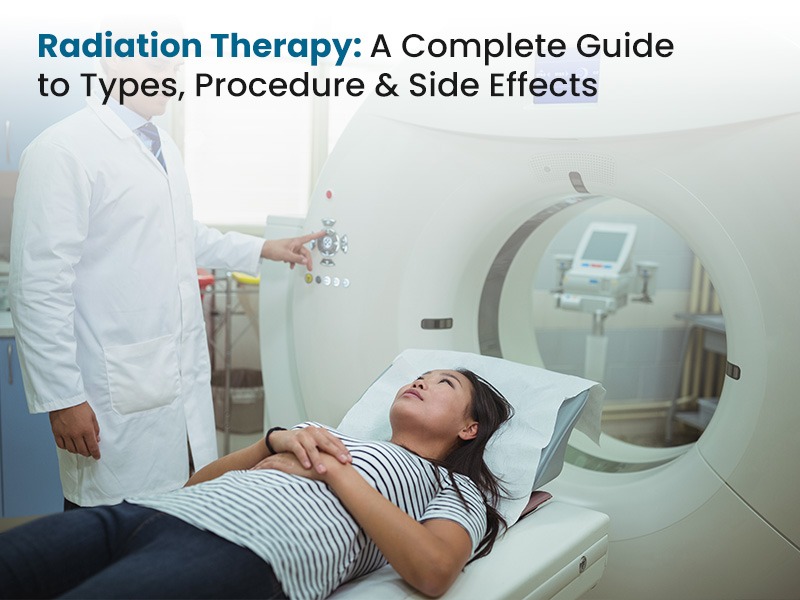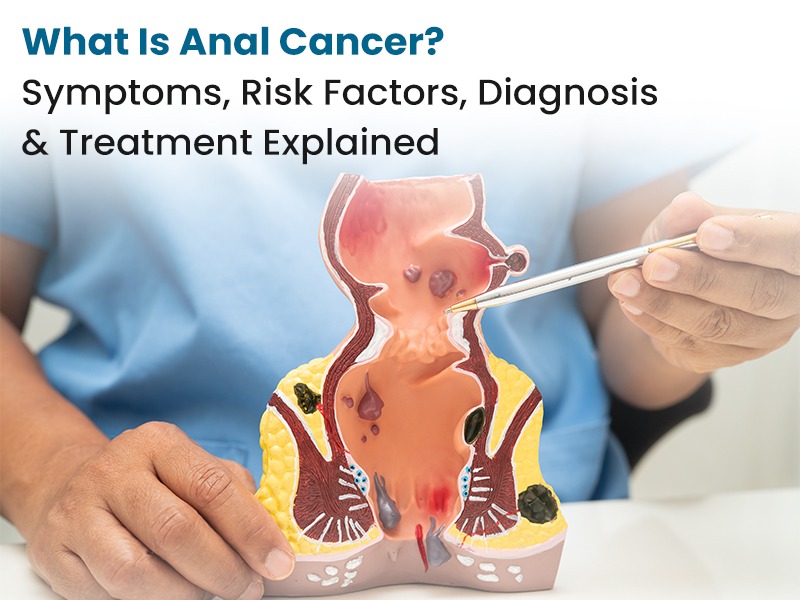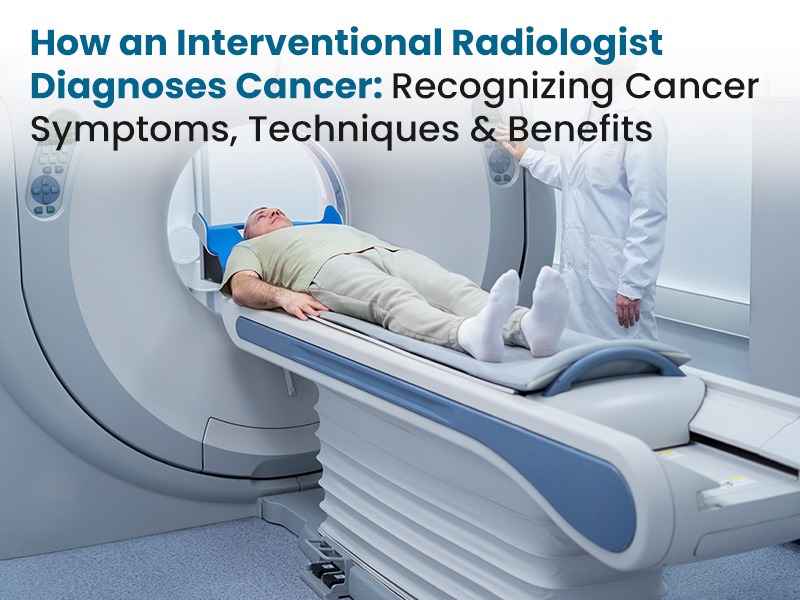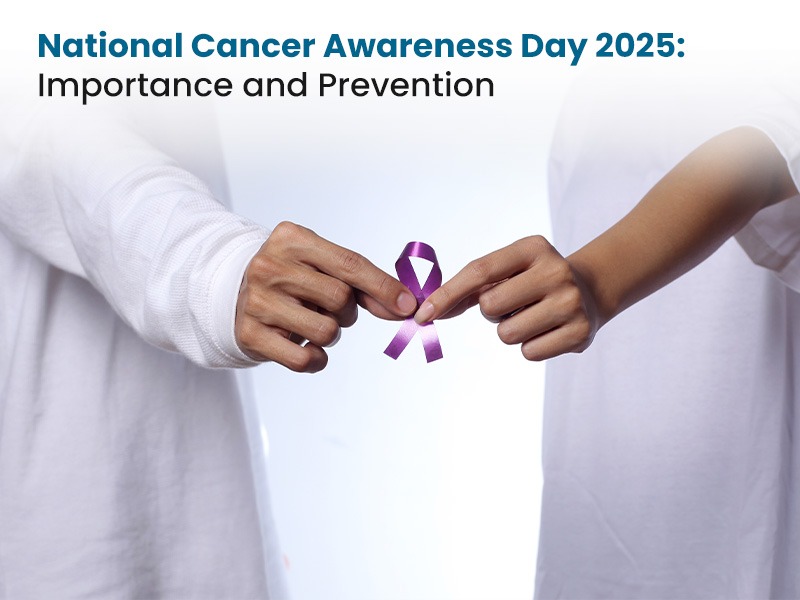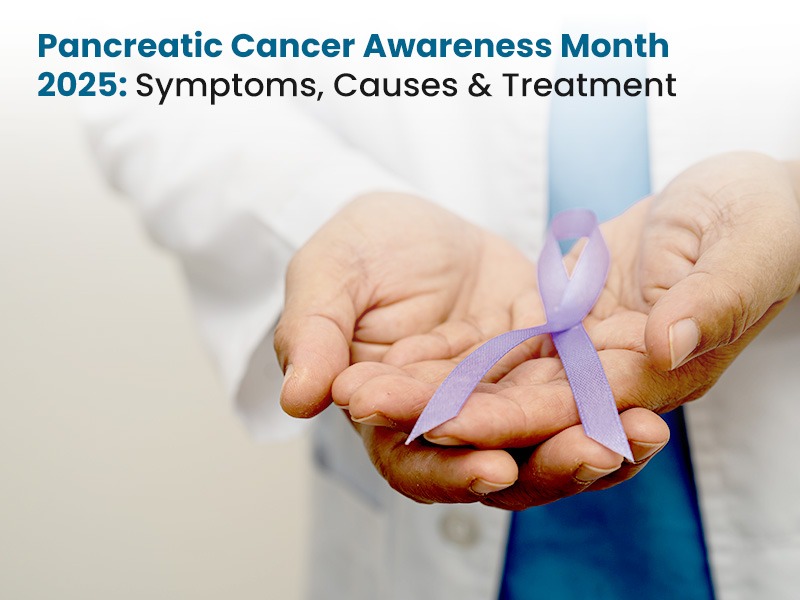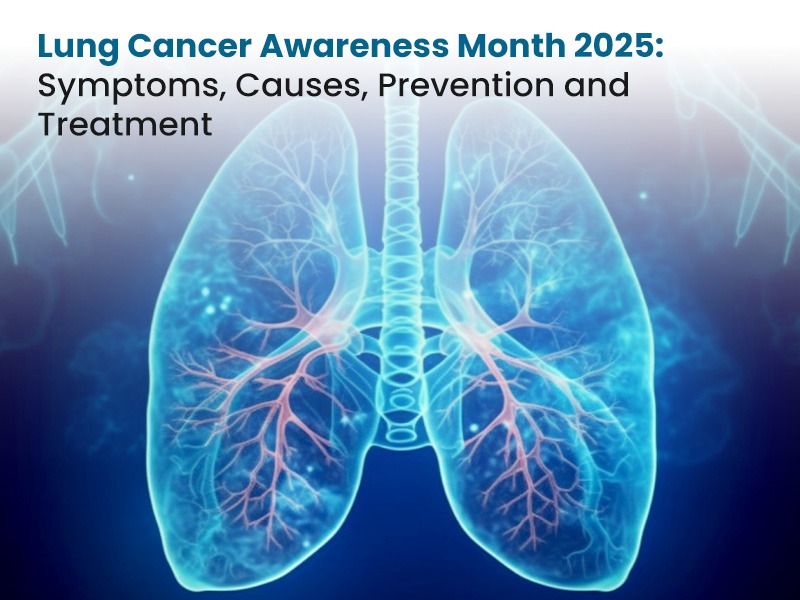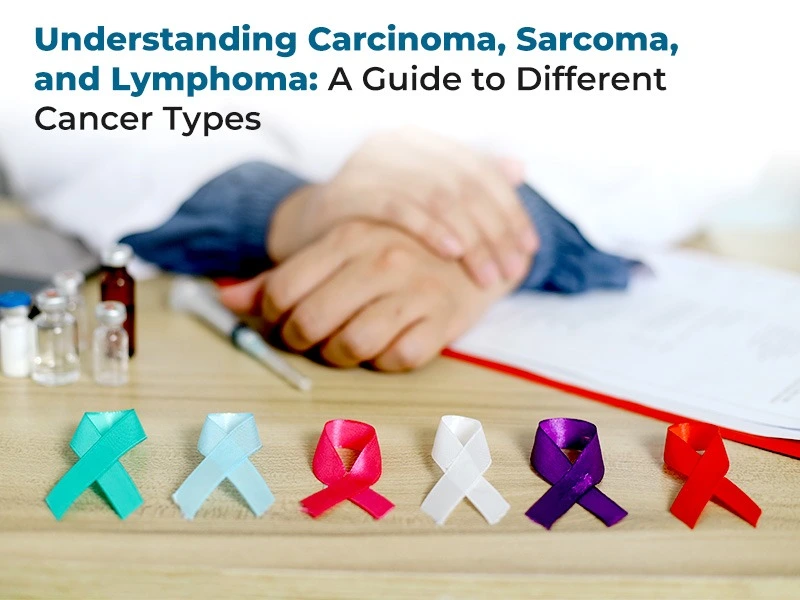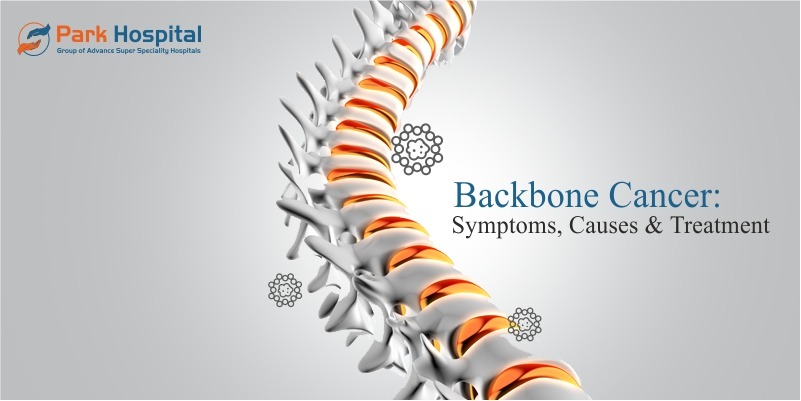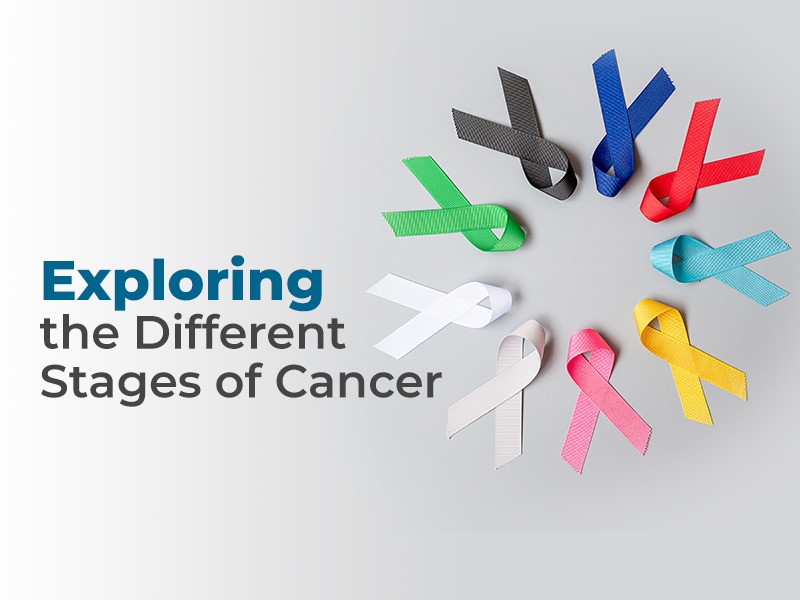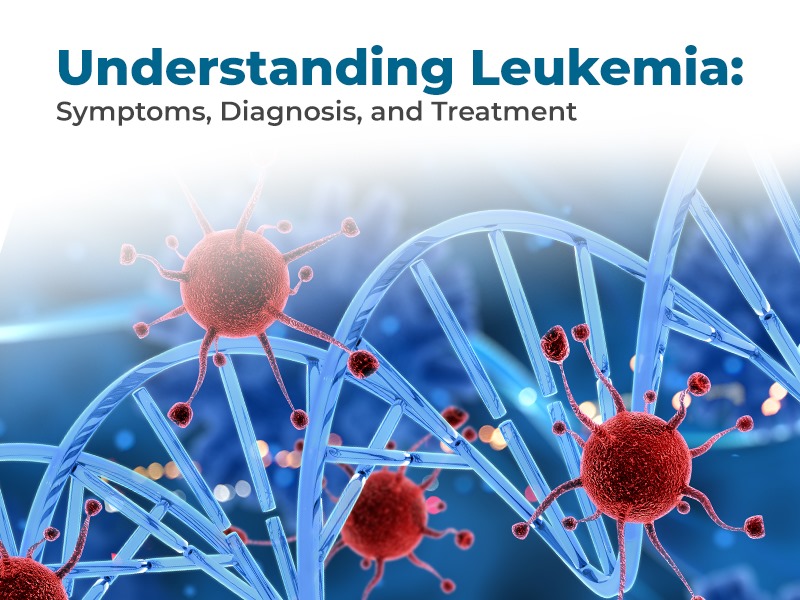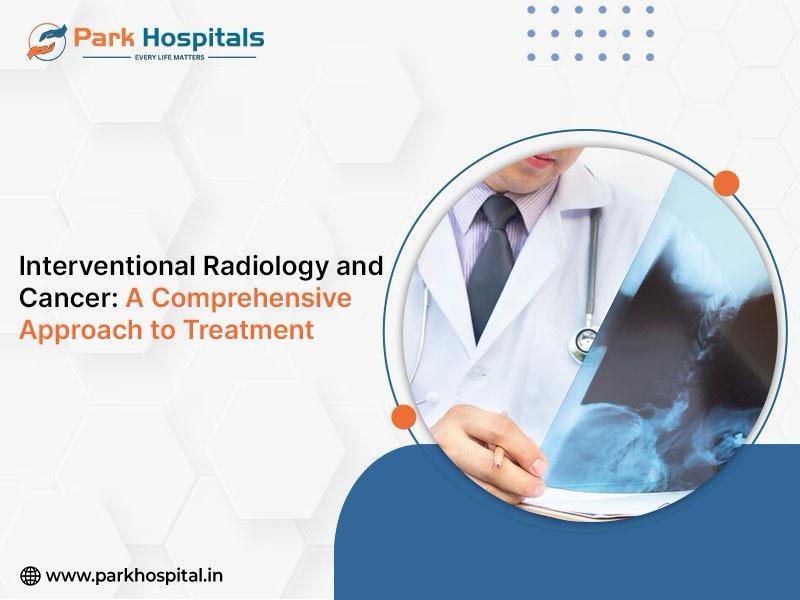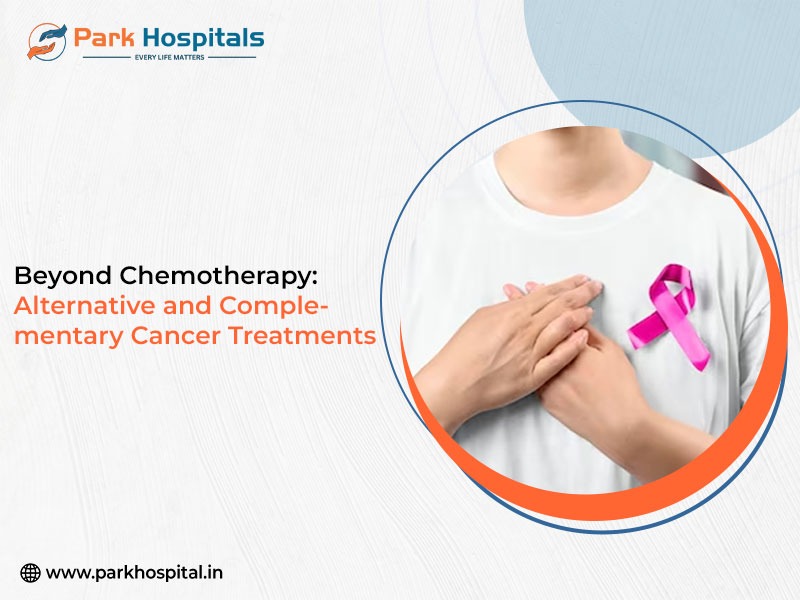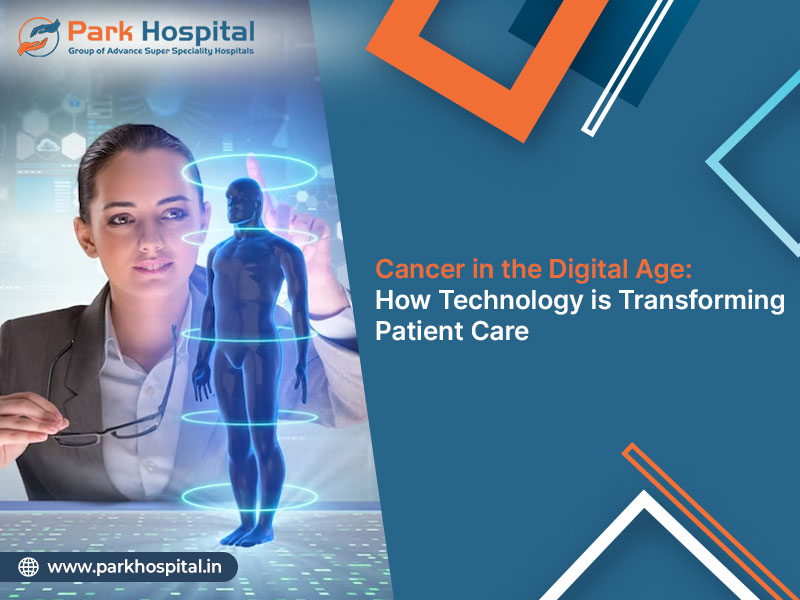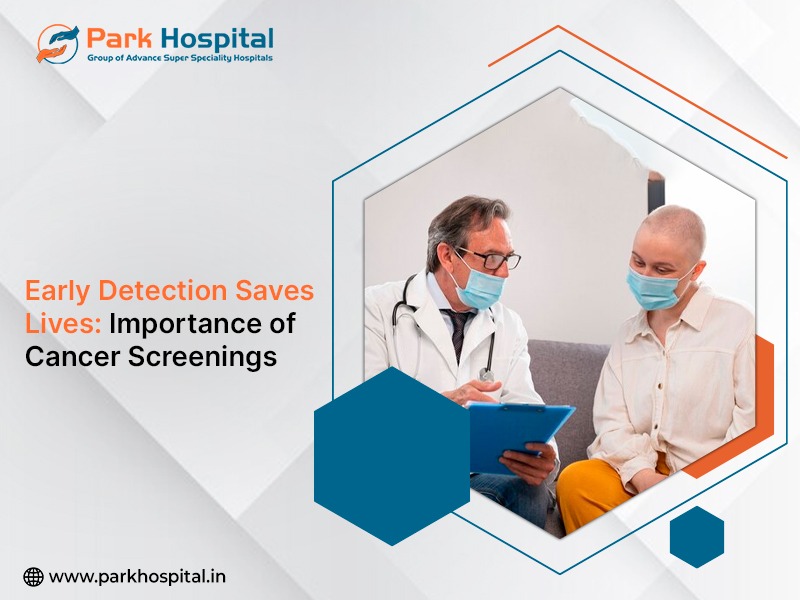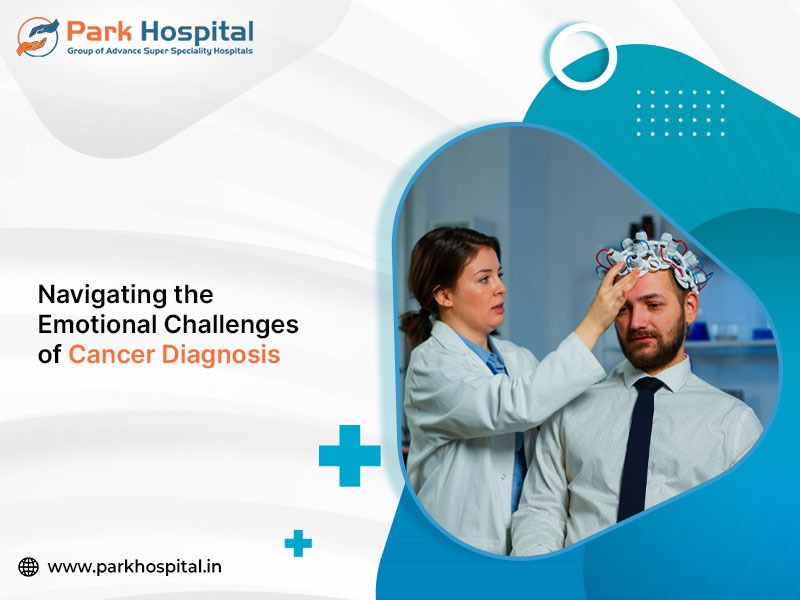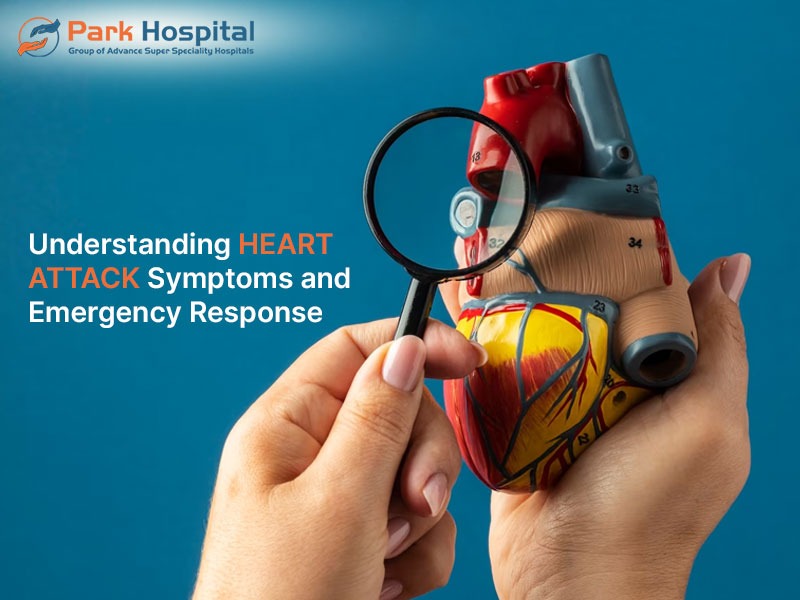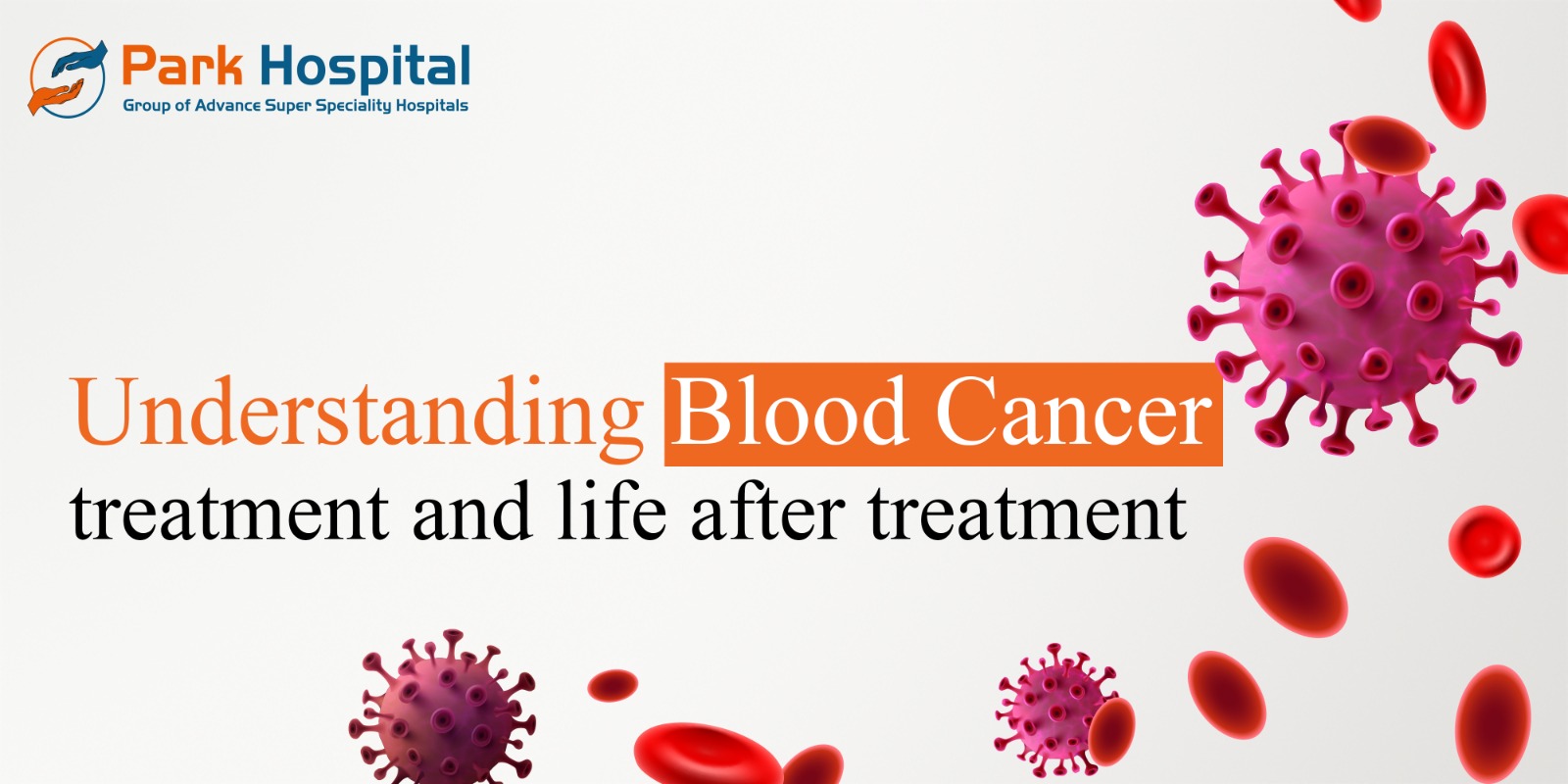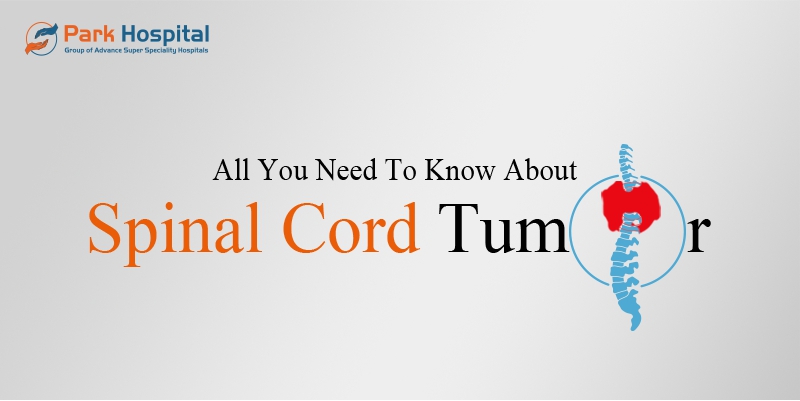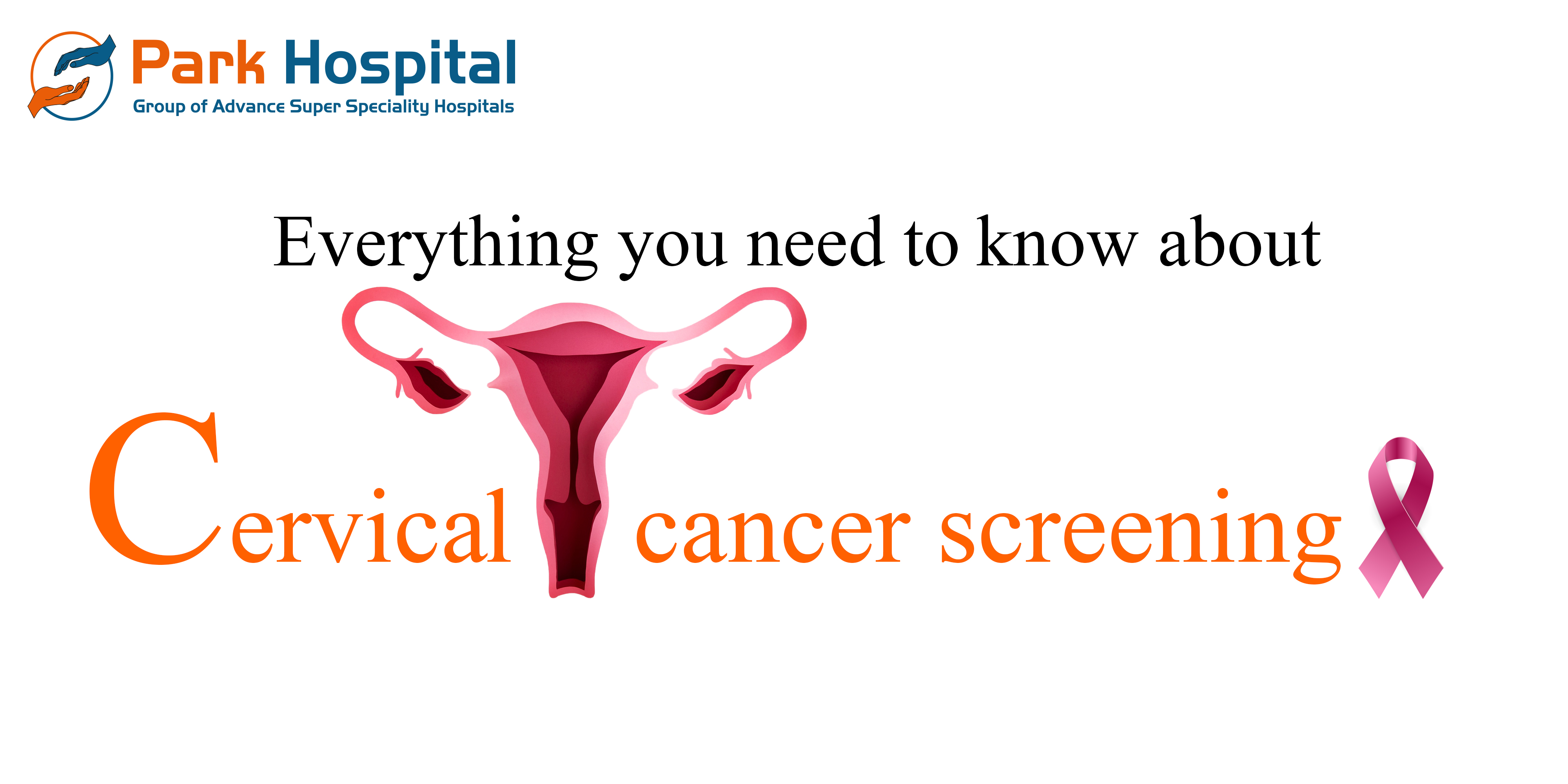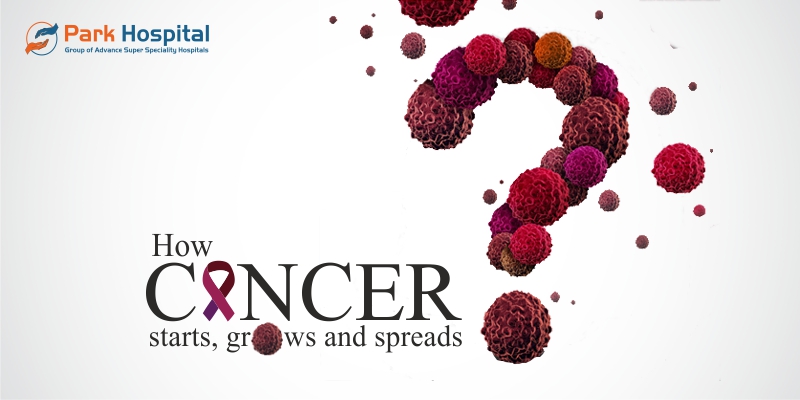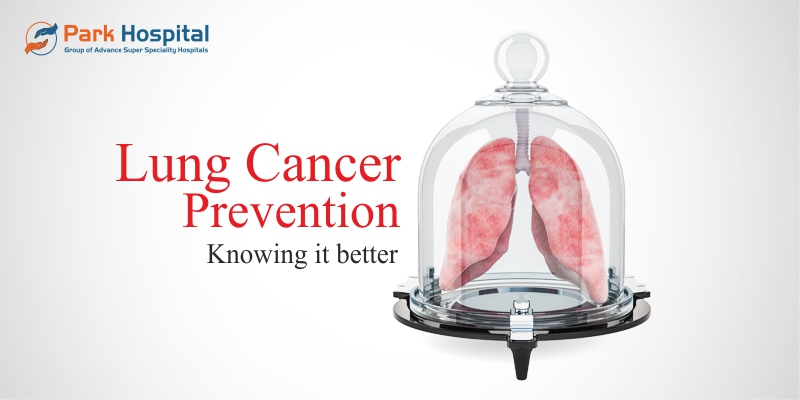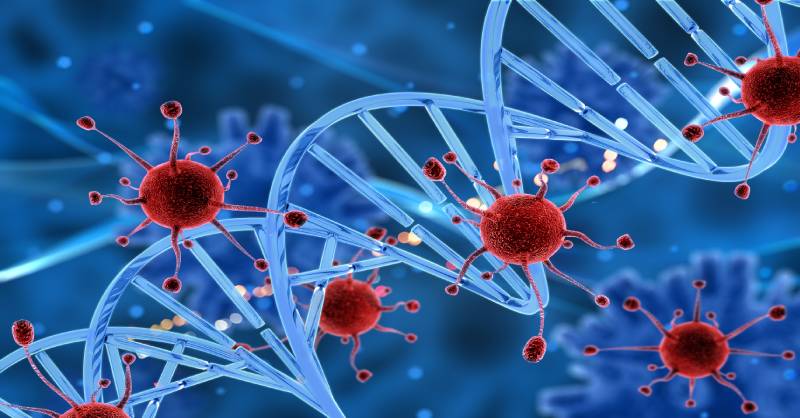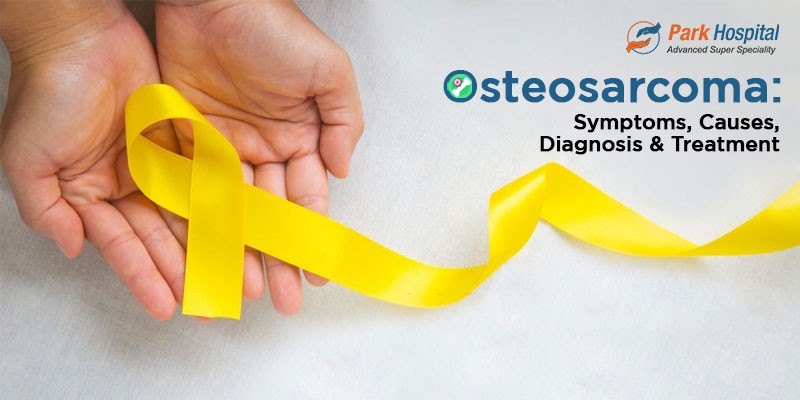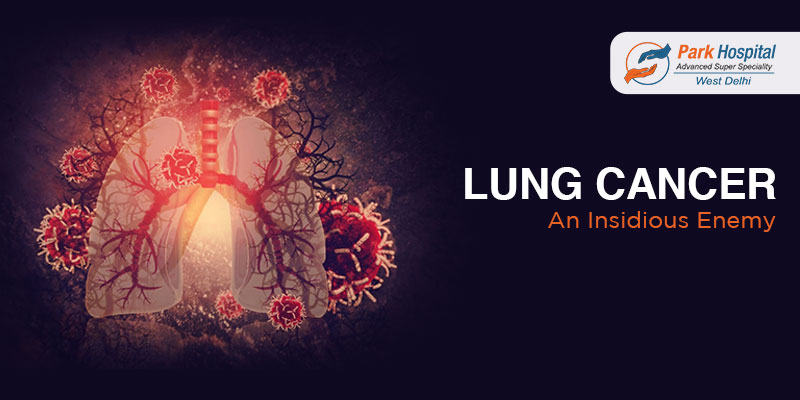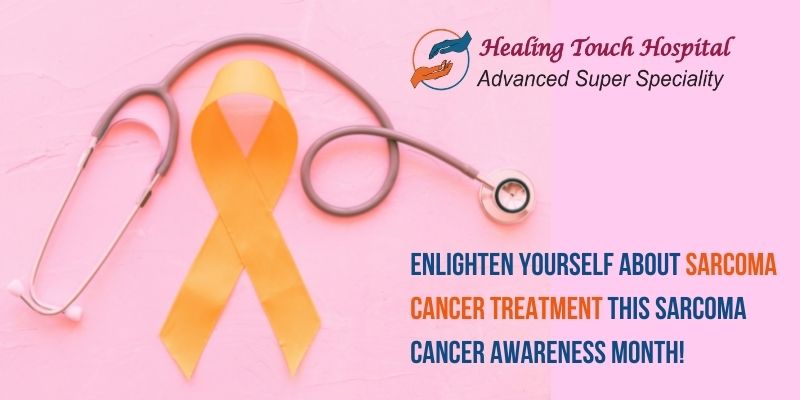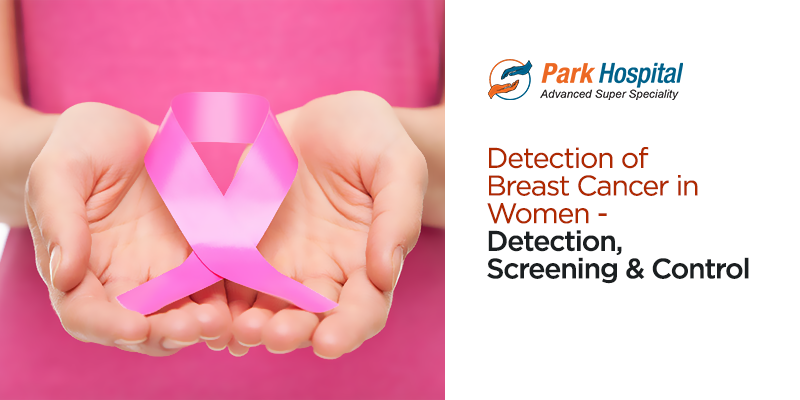Radiation therapy is one of the most effective and advanced treatment options used in modern oncology to fight cancer. It uses high-energy rays or particles such as X-rays, protons, or electrons to destroy or damage cancer cells while protecting healthy tissues as much as possible. At Park Group of Hospitals, we provide world-class radiation therapy services using cutting-edge technology and expert care. Our team of experienced radiation oncologists, medical physicists, and radiation therapists ensure that each patient receives personalized treatment with precision, safety, and compassion.
What is Radiation Therapy?
Radiation therapy, also known as radiotherapy, is a medical procedure that uses controlled doses of high-energy radiation to kill or stop the growth of cancer cells. Unlike surgery, it is a non-invasive or minimally invasive approach, meaning no incisions or removal of tissue are required.
Cancer cells grow and divide faster than normal cells, which makes them more sensitive to radiation. When these cells are exposed to radiation, their DNA gets damaged, preventing them from multiplying and eventually leading to their destruction. Over time, the body naturally eliminates these dead cells.
Radiation therapy can be used alone or in combination with other treatments such as surgery, chemotherapy, or immunotherapy. It can serve three major purposes:
1. Curative: To completely eliminate cancer and prevent recurrence.
2. Adjuvant or Neoadjuvant: To shrink tumors before surgery or destroy remaining cancer cells afterward.
3. Palliative: To relieve symptoms and improve quality of life in advanced cancer stages.
Types of Radiation Therapy
At Park Group of Hospitals, patients have access to multiple advanced radiation therapy techniques tailored to their specific cancer type and stage. The two main categories are external beam radiation therapy (EBRT) and internal radiation therapy (brachytherapy).
External Beam Radiation Therapy (EBRT)
This is the most common form of radiation therapy. A machine called a linear accelerator directs high-energy beams at the tumor from outside the body. The treatment is painless and typically delivered over several sessions.
Modern EBRT techniques offered at Park Hospital include:
● Three-Dimensional Conformal Radiation Therapy (3D-CRT): Shapes radiation beams to match the exact dimensions of the tumor.
● Intensity-Modulated Radiation Therapy (IMRT): Adjusts the intensity of radiation for different parts of the tumor to protect nearby healthy tissues.
● Image-Guided Radiation Therapy (IGRT): Uses imaging before each session to ensure precise targeting.
● Stereotactic Body Radiation Therapy (SBRT): Delivers high doses to small, well-defined tumors in fewer sessions.
● Proton Therapy: Uses protons instead of X-rays for precise delivery, reducing exposure to surrounding organs.
Internal Radiation Therapy (Brachytherapy)
Brachytherapy involves placing a radioactive source inside or near the tumor site. This allows a higher dose of radiation to directly target the affected area while minimizing exposure to other parts of the body.
Types of brachytherapy include:
● High-Dose Rate (HDR) Brachytherapy: A short and intensive treatment given over minutes or hours.
● Low-Dose Rate (LDR) Brachytherapy: Delivers radiation slowly over several days or weeks.
● Permanent Implant Brachytherapy: Radioactive seeds are implanted permanently in the tumor area and gradually lose strength over time.
Radiation Oncology at Park Group of Hospitals
The Department of Radiation Oncology at Park Group of Hospitals combines advanced medical technology with a patient-centered approach. Every treatment plan is customized after detailed imaging studies, multidisciplinary discussions, and accurate dose calculations by medical physicists. Our hospitals across North India, are equipped with state-of-the-art radiotherapy units that deliver safe, efficient, and precise cancer treatment.
Our specialists follow a comprehensive care model that includes counseling, treatment planning, side-effect management, and follow-up care. This ensures that each patient receives not only advanced clinical treatment but also emotional and psychological support throughout the journey.
What to Expect During Radiation Therapy
Before starting radiation therapy, patients undergo a simulation session where imaging tests like CT or MRI scans help define the exact treatment area. Small marks may be placed on the skin to guide accurate radiation delivery.
Each treatment session is painless and usually lasts 10 to 30 minutes. Most patients can continue with their regular activities during the treatment course. The number of sessions varies based on cancer type, stage, and the chosen therapy method.
After treatment, patients are monitored regularly to assess progress and manage any side effects. Follow-up visits may include imaging, blood tests, and physical examinations.
Side Effects of Radiation Therapy
While radiation therapy is designed to target cancer cells precisely, some healthy tissues near the treatment area may also be affected. Side effects vary depending on the treatment site and dose but are usually temporary.
Common side effects may include:
● Fatigue
● Hair loss (in the treated area)
● Loss of appetite
● Mild nausea or diarrhea (for abdominal treatments)
● Sore throat or difficulty swallowing (for head and neck therapy)
At Park Hospital, our radiation oncologists and nursing staff closely monitor patients and provide supportive treatments such as nutritional counseling, medications, and hydration therapy to minimize these side effects. Most patients recover within weeks after completing the treatment.
Benefits of Radiation Therapy
Radiation therapy plays a vital role in improving cancer survival rates. Its key benefits include:
● Targeted Treatment: Directly attacks tumor cells with minimal damage to healthy tissues.
● Non-Invasive Approach: No surgery or incision required.
● Shorter Recovery Time: Allows faster return to daily life.
● Can Be Combined with Other Treatments: Enhances the effectiveness of chemotherapy or surgery.
● Effective for Pain Relief: Especially in advanced cancer cases where symptom control is the priority.
Why Choose Park Group of Hospitals for Radiation Therapy
Park Group of Hospitals stands among India’s most trusted healthcare networks for comprehensive cancer care. With advanced linear accelerators, modern brachytherapy units, and a multidisciplinary team of oncologists, radiation therapists, and oncology nurses, we ensure the highest standards of accuracy, safety, and compassion.
Our centers are NABH-accredited and provide round-the-clock emergency and supportive services. For treatment assistance, you can call our 24x7 service helpline at +91 99166 99166.
Conclusion
Radiation therapy is a cornerstone of cancer management that continues to evolve with advancements in precision and safety. From diagnosis to recovery, every step of your journey is guided by experts at Park Group of Hospitals, where advanced technology meets compassionate care. If you or your loved one is advised radiation therapy, consult our oncology team to explore the most effective and personalized treatment options available near you.

